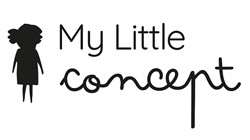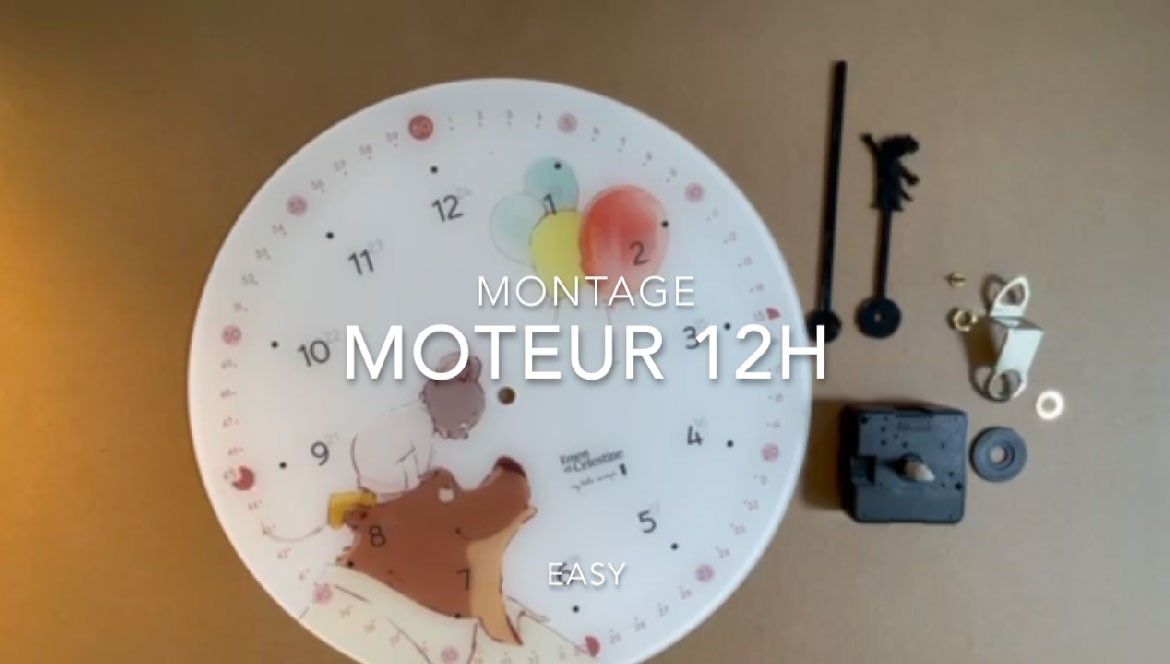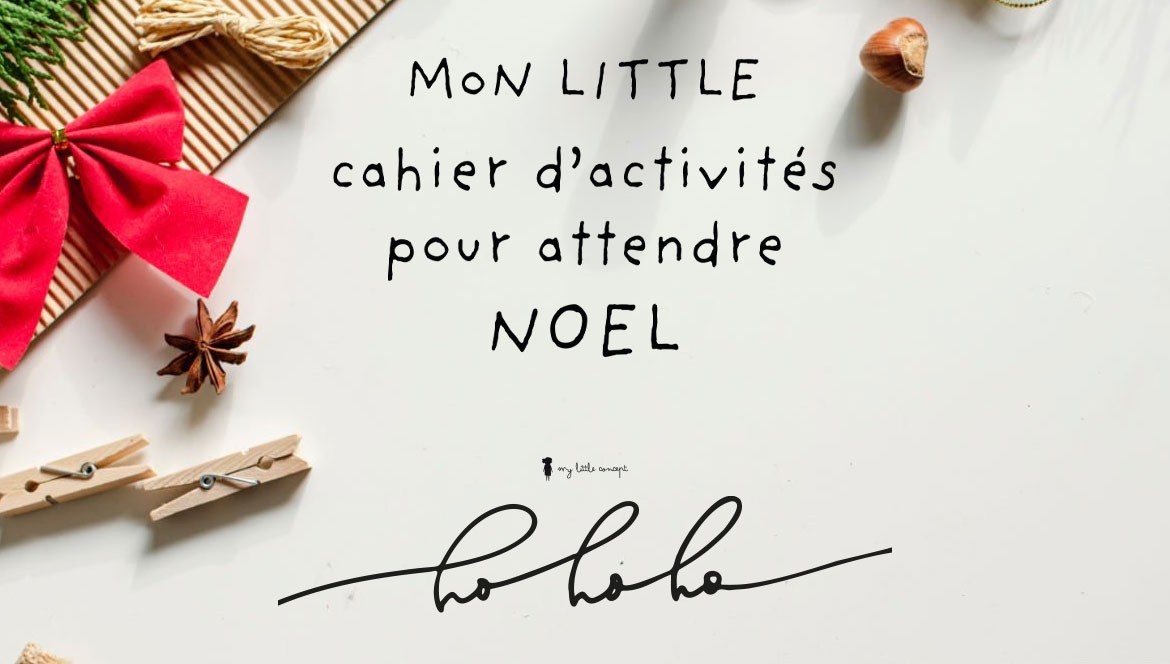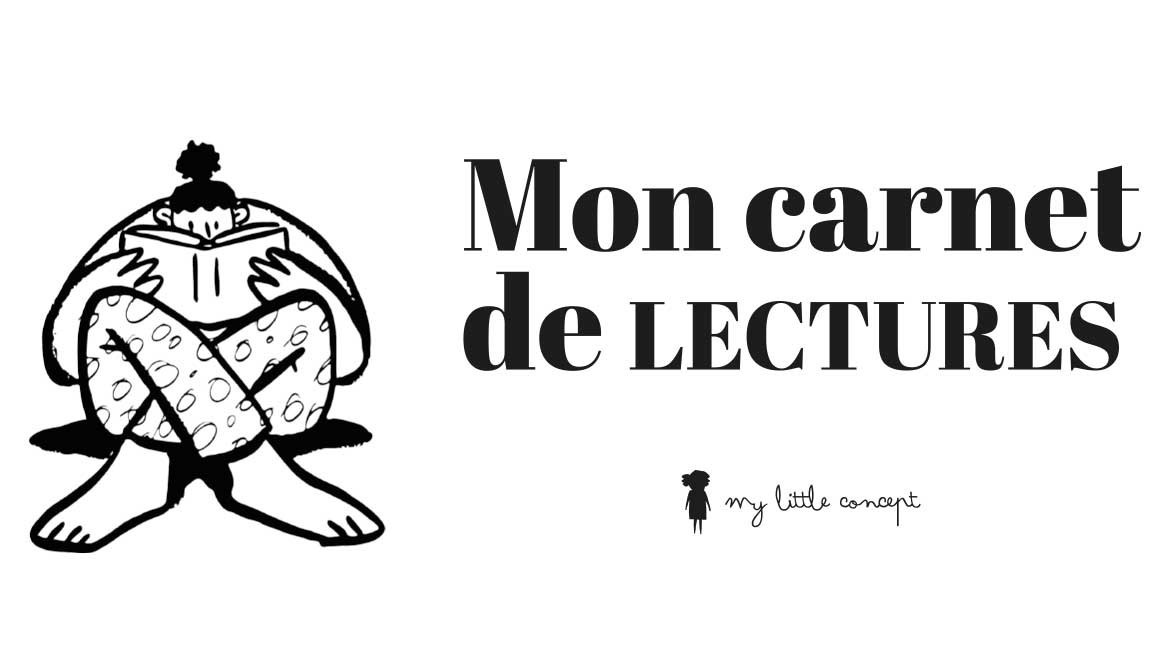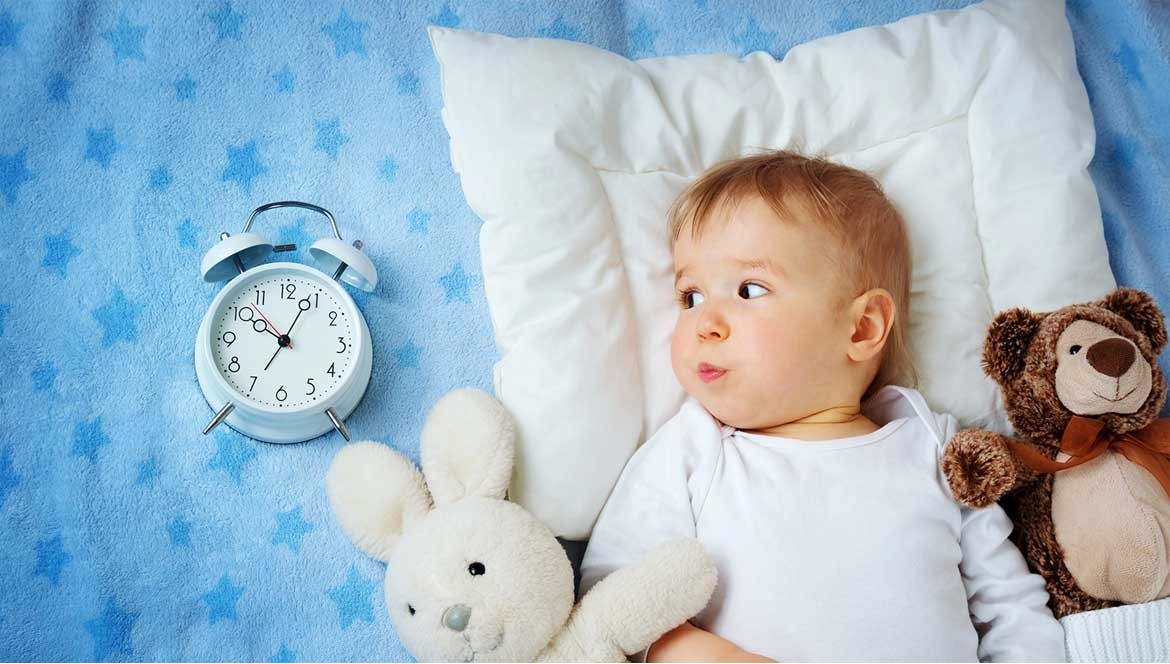Children's routine
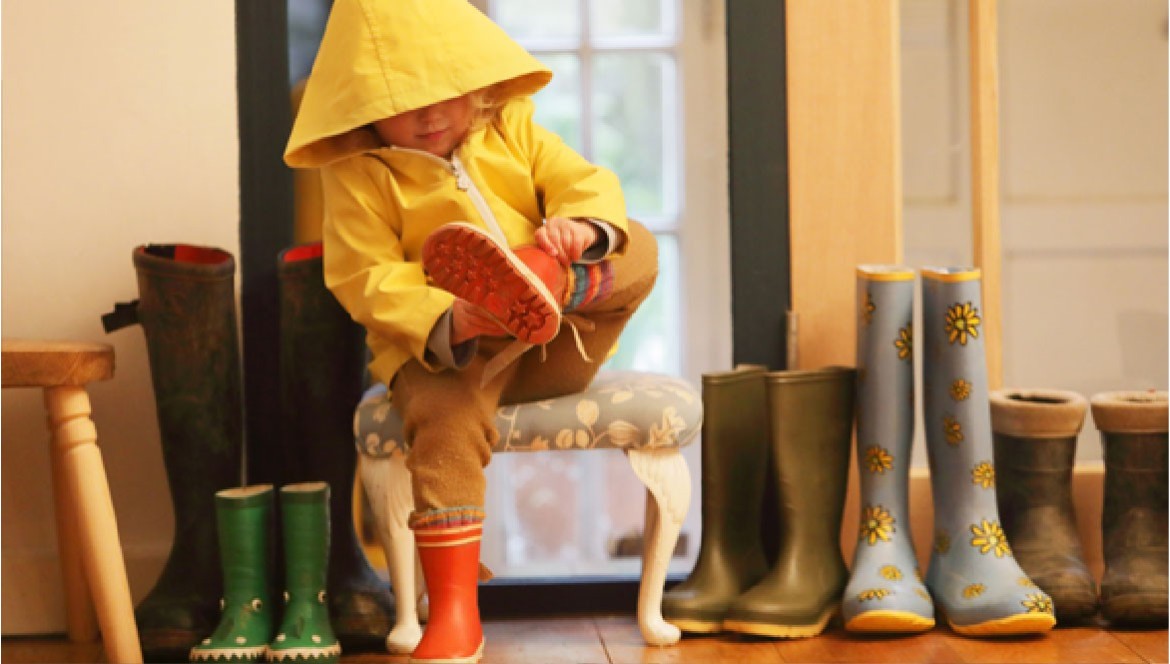
For a serene setting, a routine is the basis.
All tasks that take place repeatedly every day, in the same order and usually at the same time, should be clearly identified. In this way, the child will be able to take ownership of these rituals. The clearer the daily routine is, the more confident and secure your child will feel.
When you know what is going to happen, the day becomes easier.
Well-managed routines = safety and autonomy
For children, this routine provides them with some of their basic needs (sleep, hygiene, meals, education etc.). It is very important to establish. It teaches them to take care of themselves but not only that. As they become more independent, they become active players in their own lives and become aware of their needs. They understand what is important for them, for their body, for their health. And knowing how to take care of oneself is important and can be learned.
♡
A stronger sense of security
Clearly presented routines, a bit like a road map of time, will help to reassure the child, because at each moment of his day, he will be able to identify by himself what will happen to him, what he can prepare to do or what he will have to stop doing. Knowing this, the child's autonomy is strengthened. For example, if he sees that it is time for bed, he can anticipate this event, he is warned and will finally be less frustrated. Informed, they can initiate everything that precedes bedtime by themselves, for example (getting into pyjamas, brushing their teeth, etc.). When the child knows the steps of the pre-bedtime routine, he is more easily involved and will more easily accept to finish playing, for example. He will also fall asleep more easily, because bedtime is anchored in his routine thanks to the rituals you have put in place day after day, again and again. Soothed, serene he will be able to fall asleep easily.
♡
Champion of autonomy, he will be
When the routine is clearly presented, he will be able to appropriate the gestures that accompany his rituals and order them. Going to the toilet then washing his hands, eating his meals then brushing his teeth, taking off his pyjamas then getting dressed, etc. In this way, he develops his autonomy and he will be proud to be able to do all this by himself. The only rule is to let him do it, adapting your interventions according to his age. Of course, there will be failures, but that is part of the learning process.
♡
For the latecomers
Don't worry, it's never too late! It may be more complicated to set up, but with a lot of patience and playing around, you will manage to set up routines.
♡
Tools that will help you
To build the routines, there are a multitude of supports. Ticking boards, boards with magnets, weekly planners, index cards, reminders, posters, in short a lot of things. These supports can be a bit restrictive on a daily basis because they require a lot of energy in time and above all they are static, fixed.
We set up a support that works by itself. And that is really magical. It's the needle that points to the ritual, exactly at the moment it takes place in the child's day. So, over time, it is always ready and at the right time. You can discover our clocks by following this link. Moreover, with our tools, routines will become fun, because they can do like their favourite heroes.
♡
One more word. Routine does not mean rigidity!
We adults don't always get hungry at 1:04pm and go to bed at 10:48pm every day. In the same way, your children are not robots. You can be flexible with them depending on your obligations, giving extra time to an activity, or shifting meal times if your child asks for it. Listen to their needs. The child should also be able to change the order of tasks in the rituals if they want to. This is their space of freedom and it is important that there is one. For example, getting into pyjamas before or after dinner, reading a story before or after brushing teeth, etc.
Our clocks are designed to allow this flexibility.
You should also know that if your child does not want to participate in a ritual, that's okay. You can brush your child's teeth yourself or choose what to wear for the day. If he doesn't do it one day, he will do it the next. He is still a child and cannot be at his best every day. Remember, .... yesterday, how were you?
And don't forget, letting go is also good. Living a day without a schedule from time to time, it also feels good when there are no imperatives (on weekends for example).
♡
What to remember
Setting up routines, helps to provide security and confidence to your child by making them more autonomous and responsible.
Routine does not mean rigidity but framed flexibility.
It is never too late to set up a routine with your child.
Have fun, ... and have a good day.
